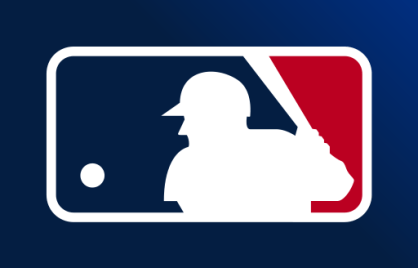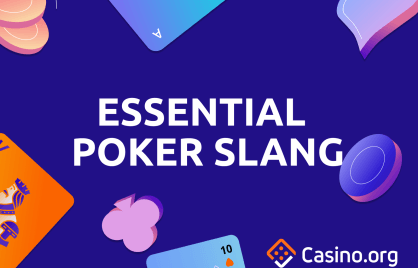How to Recover from a Gambling Loss: Strategies for Emotional and Financial Healing
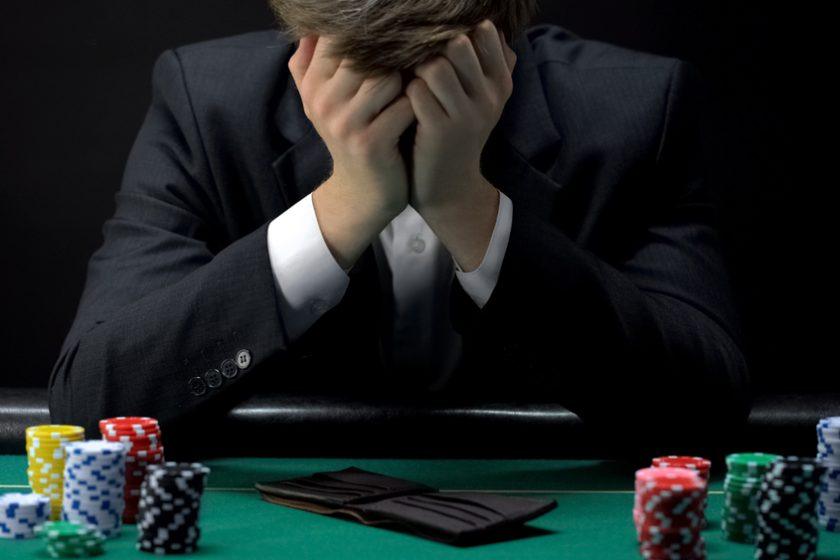
Summarize this post
Recovering From A Gambling Loss: What You’ll Learn
- Understanding Emotional Reactions: Learn about the psychological impact of a gambling loss and how to recognize and process the emotions that often accompany these experiences.
- Effective Coping Strategies: Discover practical strategies for coping with gambling losses, including mindfulness techniques, journaling, and engaging in physical activities to support emotional well-being.
- Creating an Action Plan for Recovery: Understand how to formulate a personalized action plan that addresses immediate financial stabilization and sets long-term goals for healthier gambling behaviors.
- The Importance of Seeking Support: Explore the benefits of seeking professional help or joining support groups for individuals coping with gambling losses, emphasizing community and shared experiences.
- Building Resilience for Future Decisions: Gain insights into how to develop resilience and improve decision-making skills, enabling you to navigate future gambling experiences with greater confidence and awareness.
The elevator doors closed with a soft chime, carrying me away from the casino floor at Caesars Palace. In that small, mirrored space, I caught sight of my reflection – and for a moment, I didn’t recognize the person staring back.
Three hours earlier, I had walked into that same casino with confidence, excitement, and $2,200 in my pocket. Now I was leaving with empty pockets, a racing heart, and the crushing weight of what had just happened.
That was 40 years ago, and I still remember every detail of that night. The way the Roulette wheel seemed to mock me as red came up seven times in a row after I’d been betting black.
The sinking feeling in my stomach as my last $100 disappeared into a slot machine that had been so promising just moments before. Then the walk to the casino cage for yet another credit slip, then another, and then the horrible realization that I was about to cross lines I’d promised myself I’d never cross.
If you’re reading this article, chances are you have your own version of that story. Maybe it happened last night, last week, or years ago. Perhaps it was blackjack, poker, sports betting, or slots. The game doesn’t matter – what matters is that you’re here, looking for a way forward, searching for a path back to solid ground.
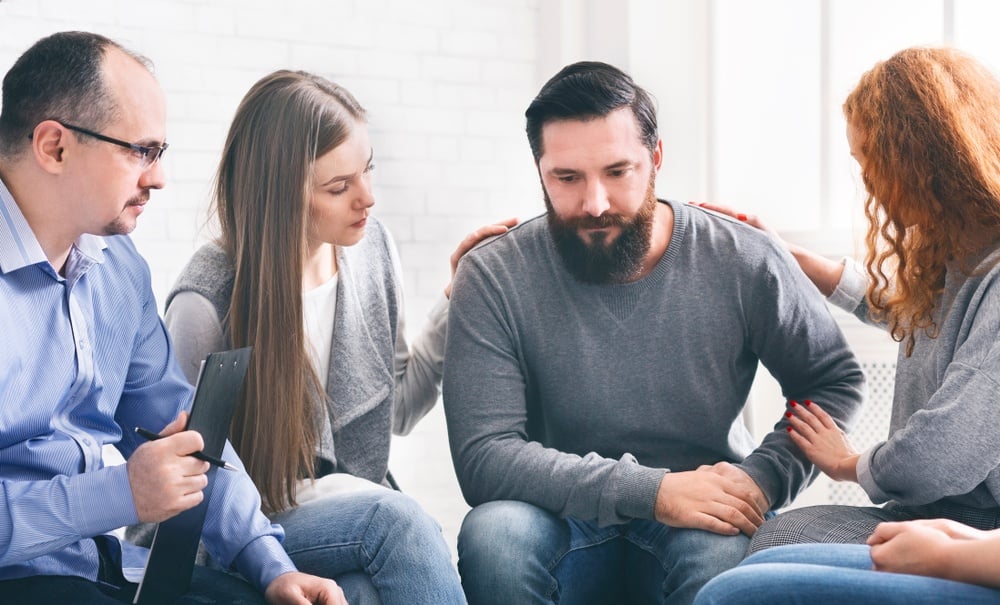
Image Credit Burdun Iliya/Shutterstock
Acknowledge Your Feelings
I want you to know something right now, before we go any further:
- You are NOT alone;
- You are NOT broken; and
- This experience does NOT define you.
What happened to you happens to millions of people every year, including many who go on to develop healthy relationships with gambling or choose to step away entirely. Either path can lead to a fulfilling life.
The road back from a significant gambling loss isn’t easy, but it is absolutely possible.
I know because I’ve walked it myself, and I’ve guided hundreds of others through the same journey over the years.
Understanding the Emotional Earthquake
When you experience a significant gambling loss, your brain undergoes what researchers call an “emotional shock.” This isn’t just disappointment – it’s a complex psychological response that can affect your thinking, sleeping, eating, and decision-making for days, or even weeks afterward.
Dr. Timothy Fong, a psychiatrist who specializes in gambling disorders at UCLA, documented the physiological effects of gambling losses in a landmark 2018 study.
He found that significant losses trigger the same stress hormones released during major life traumas. Your body doesn’t distinguish between losing $500 at a casino and other forms of acute stress – the biochemical response is remarkably similar.
This explains why you might be experiencing symptoms that feel overwhelming, such as:
- Difficulty concentrating,
- Sleep disruption,
- Appetite changes,
- Irritability, or
- That persistent mental replay of “what if” scenarios.
These aren’t signs of weakness – they’re normal human responses to loss and stress.
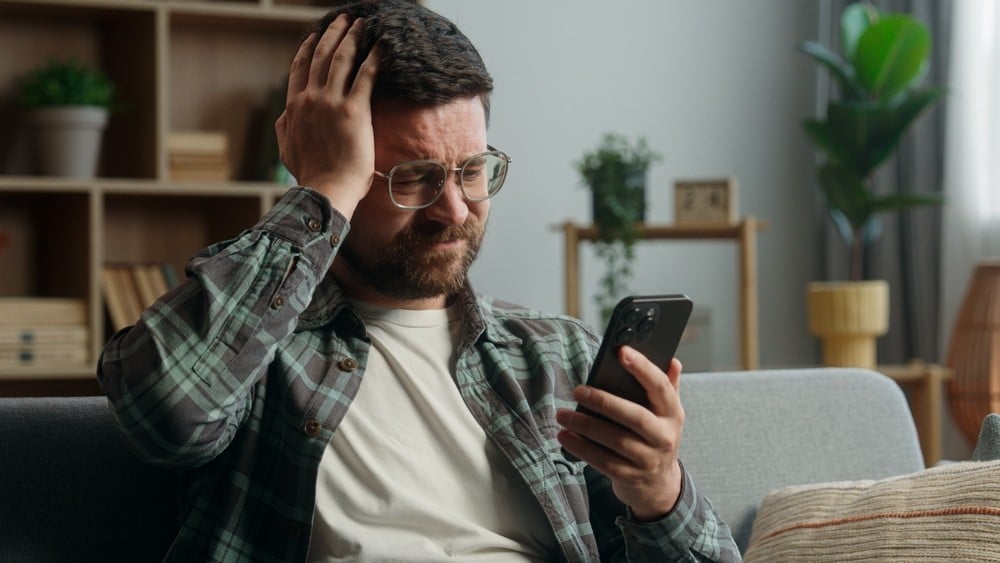
Image Credit Tirachard Kumtanom/Shutterstock
Learning From Your Experience
Before you can move forward effectively, you need to face the reality of your situation with complete honesty. This means looking beyond the immediate financial loss to understand the full scope of what occurred and why.
Start with the facts, not the emotions:
- How much did you lose?
- Over what time period?
- What games were involved?
- What was your mindset when you started?
- At what point did the session shift from entertainment to desperation?
Write these facts down, preferably on paper rather than digitally. There’s something about the physical act of writing that helps your brain process information differently. Don’t judge what you write – simply record what happened as accurately as possible.
Coping Strategies for Recovery
Recovery from a gambling loss begins with establishing immediate stability and safety. This means stopping any ongoing gambling activity for the time being and creating barriers that prevent impulsive decisions during your emotional recovery period.
- Create financial barriers: Remove easy access to gambling funds, such as through banking apps or online gambling accounts.
- Engage in self-care: Take care of your physical and mental health by establishing regular sleep and meal schedules.
Consider implementing a “72-hour protocol” in which you focus exclusively on self-care immediately following a significant loss. This might include regular meals, eight hours of sleep, exercise, and avoiding gambling-related activities.
Building Emotional Resilience
The path through gambling losses involves processing difficult emotions without being controlled by them. Here are some effective coping techniques:
- Mindfulness Techniques: Practice breathing exercises to manage stress and interrupt obsessive thoughts related to your loss.
- Journaling: Write about your experience to help externalize your feelings and clarify your thoughts.
- Physical Activity: Engage in regular exercise, which can improve your mood through the release of endorphins.

Title Image Credit Thapana_Studio/Shutterstock
Seeking Support
Recognizing when you need professional help is important. Gambling losses can indicate underlying issues that may benefit from expert guidance. Resources like the National Council on Problem Gambling operate a confidential helpline (1-800-522-4700) staffed by trained counselors who understand gambling-related issues.
Gamblers Anonymous provides free support groups in major cities, connecting you with others who have faced similar challenges.
Creating Your Action Plan
Recovery requires concrete action steps that address both immediate needs and long-term goals. Your action plan should include:
- Immediate actions for financial stabilization.
- A realistic plan for replacing any lost funds, if necessary.
- New routines that replace gambling activities with positive alternatives.
Embracing Recovery: Your Path Forward After Gambling Loss
Recovery from a gambling loss is ultimately a personal journey. Some people will choose to continue gambling responsibly, while others will decide to step away entirely. Both paths can lead to fulfilling lives, but it is essential to make conscious, informed choices based on honesty and self-assessment.
The lessons learned from coping with gambling losses can improve all aspects of your life. Remember, it’s about resilience, wisdom, and personal growth. You have everything you need to turn this setback into a comeback. The only question is: What will your next chapter look like?
Title Image Credit Thapana_Studio/Shutterstock
FAQ: How to Get Over a Gambling Loss
Start by acknowledging your emotions and giving yourself time to process the loss. Consider taking a break from gambling activities to engage in self-care and evaluate your situation with a clear mind.
To avoid chasing losses, set strict budget limits before you gamble and stick to them. Recognize that losses are part of the game and resist the urge to gamble more to recover your losses.
Effective coping strategies include journaling to express your thoughts, practicing mindfulness techniques (like meditation), and engaging in physical activities to reduce stress and improve your mood.
If you find yourself struggling to cope with the emotional aftermath of a gambling loss, or if gambling is negatively impacting your life, consider reaching out to a mental health professional or a support group specializing in gambling issues.
Rebuilding your relationship with gambling involves establishing clear limits, practicing smart bankroll management, and focusing on games with a lower house edge. Take time to reflect on your experiences and create a plan that aligns with your goals for responsible gambling.

